New Car Sales Boom While EV Sales Show a Downward Trend
Despite the heavy discounts offered by dealerships, electric vehicles (EVs) registered a dip in sales; a phenomena contrasting the sales trend of new cars. Yet, across New Zealand’s automotive market, there has been an evident boost in new car sales compared to the sales trends of the previous years.
The Surge in New Car Sales
New Zealand’s new car market witnessed a notable surge with sales numbers making a significant leap over the last 12 months. The sales trend of new cars in New Zealand could serve as a precursor for the global auto market’s fate in the post-pandemic era.
In 2021, several car manufacturers recorded strong results. Sedans, SUVs, and pickup trucks attracted consumers with their fascinating features and offerings, as more New Zealanders sought personal mobility solutions. Furthermore, the rise in remote work patterns fueled demand for vehicles as people sought to optimize their home-to-office commutes.
Another encouraging aspect of this surge in new car sales is the positive effect it creates in New Zealand’s economy. The rising demand for vehicles supports business growth for car manufacturers and dealers, contributing to the country’s economic revival.
The Downturn in EV Sales Despite Heavy Discounts
In stark contrast to the upward trend of new car sales, electric vehicle sales experienced a downward shift. This negative sales trend persists, even amidst heavy discounts on several models. It appears that economic factors, technology concerns, and lifestyle choices have influenced this trend.
Regarding economic factors, even with heavy discounts, EVs still retail at a significant premium compared to their petrol or diesel counterparts. Thus, despite the cost savings in terms of fuel and maintenance over the ownership period, the upfront pricing can be quite daunting for many customers. Additionally, economic uncertainty due to the Covid-19 pandemic may push consumers to opt for lower-cost vehicles, further impacting EV sales.
Technological factors also play a significant role in the downward trend in EV sales. A significant number of potential buyers remain concerned about the charging infrastructure’s adequacy and the driving range of EVs. These factors often lead to ‘range anxiety’, a prevalent concern amongst potential EV buyers.
Lastly, lifestyle choices also affect the EV sales trend. Many New Zealanders lead active lifestyles, frequently engaging in long-distance travel and outdoor activities, which might require vehicles with high power outputs and long driving ranges. This could potentially explain why SUVs and pickup trucks remain popular while EVs sales suffer a relative decline.
The Future of New Car and EV Sales
While the overall picture painted by these trends may look somewhat challenging for the EV market, it’s essential to understand that these are still early days in the grand scheme of the drive towards vehicle electrification. The government, consumers, and manufacturers all have a role to play in encouraging the uptake of EVs.
As policymakers and manufacturers work towards improving factors like price parity, infrastructure, and vehicle range, it’s expected that consumer concerns will gradually diminish. These initiatives will help bridge the gap in the EV market and propel the EV sales trend into positive territory.
Looking at new car sales, the surge suggests a promising future. If automakers continue to innovate their traditional car models, meeting consumers’ needs and wants, the positive trend may persist. The new car sector’s continued economic significance cannot be underestimated either, ensuring that new car sales remain a pivotal contributor to New Zealand’s economic stability.
Conclusion
Ultimately, the divergence in sales trends of new cars and EVs provides a fascinating insight into the ever-evolving automotive market. With consumers navigating a plethora of choices, manufacturers will need to stay responsive to their needs while also aligning with environmental sustainability goals.
Understanding these trends can serve to guide industry strategies, consumer choices, and government policies as the journey towards a more sustainable automotive future continues. New Zealand, with its forward-looking approach towards the automotive market, can be on the frontline leading this transition.

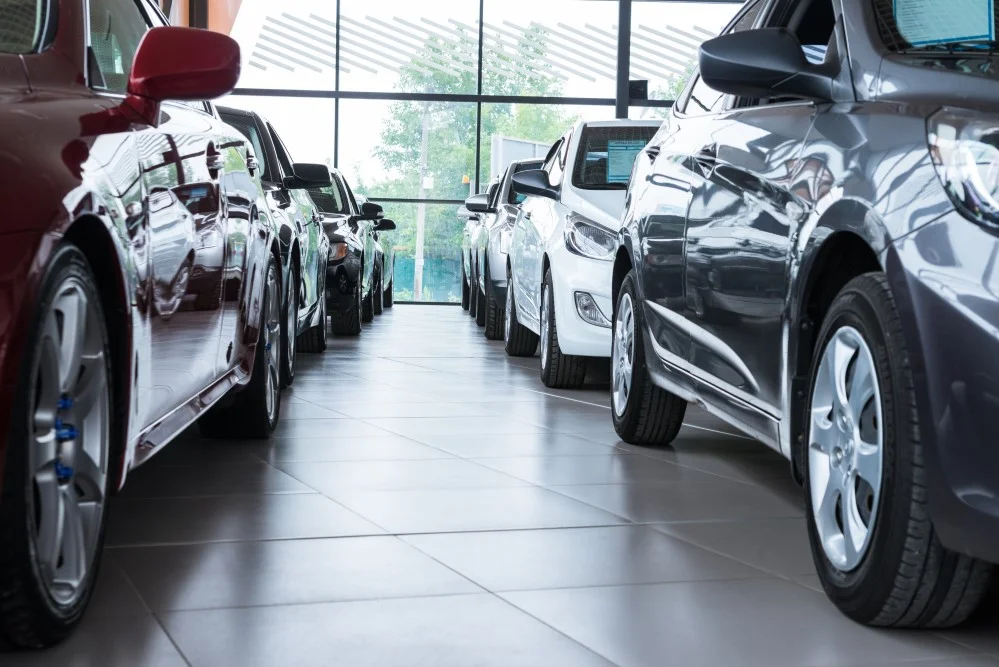


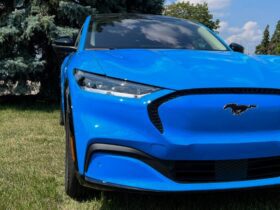
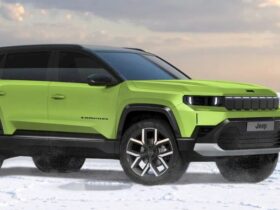



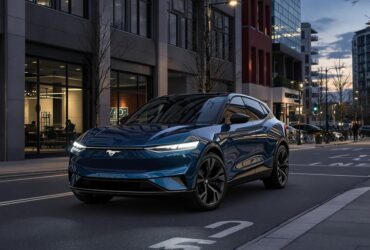

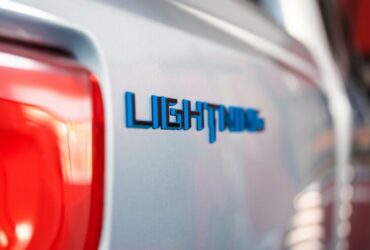

Leave a Reply